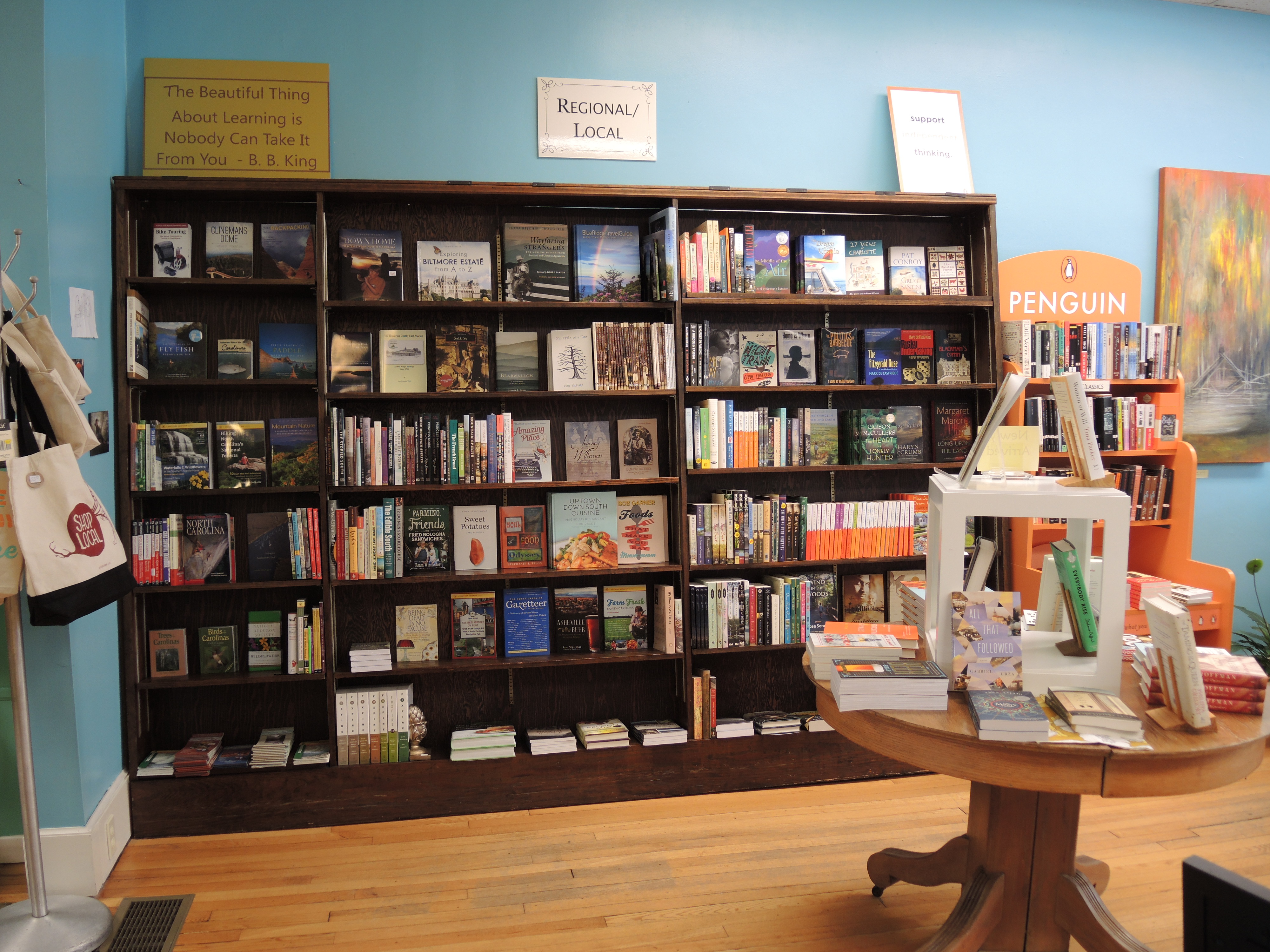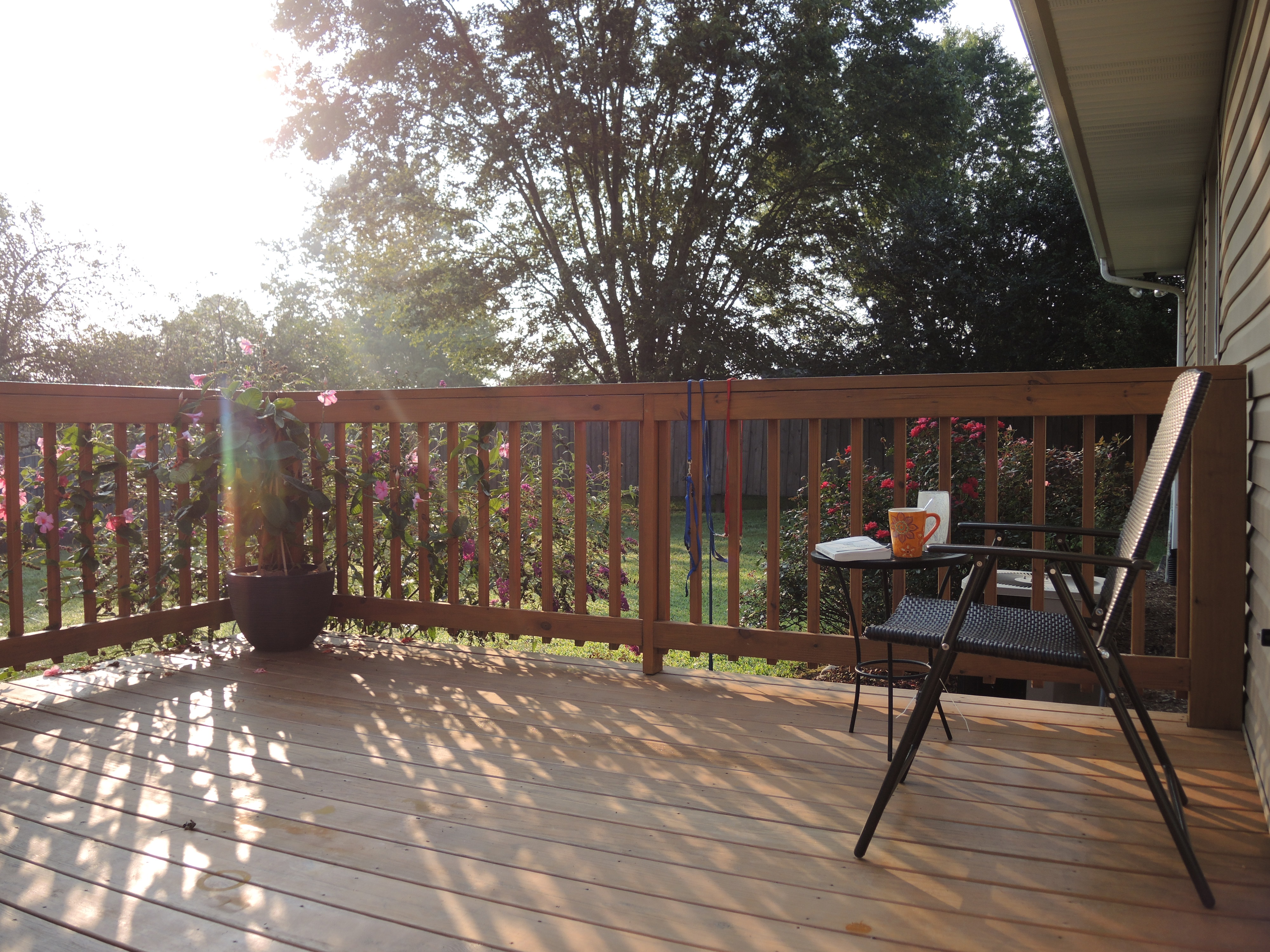Every time I’ve gone away on vacation I’ve chosen to turn off my cell phone, stay in a place without TV, and intentionally leave my laptop behind and every time I came back feeling refreshed and happy. I realized in this absence that I didn’t miss being connected. The road trip I took last year was an exception, but I kept my connecting to a minimum only coming on to post new blogs and checking in with my family weekly to let them know I was still alive and well.
The shutting off comes easy. If you know me you know that I’m seldom on my phone. It sits in my purse and most of the time I don’t hear it ring or notify me of text messages. I waited years to upgrade to an android phone with internet access and find myself only using it for the GPS.
Despite all this, the truth is I spend too much time on the internet nights after work when I don’t have plans. I lose hours in front of my laptop and, unless I’m writing, have nothing to show for it except an aching sadness that comes from seeing too many photos of weddings, babies, and happy couples on facebook.
For the month of September I lived in a house and worked in a business without internet or cell phone service and everything changed. I was reminded of all I gained in those vacation weeks without internet.
I woke up every morning early enough to watch the sunrise from my back deck. I’d sit out with a book, smoothie, and steamy cup of coffee. As the weather changed I adapted. From sleeveless dresses, to hooded sweatshirts, to my polyester lined winter jacket, unless it was raining I made it outside to feel the morning sun against my skin and because of it I went to work feeling relaxed and joyful.
 2. I developed a memory and expertise at work that rivals computers.
2. I developed a memory and expertise at work that rivals computers.
The bookstore where I work does not have internet. Seriously. There’s a computer from the 90s from which I can check inventory, but I can only see what’s currently in the store or recently sold and only search by title or author. It’s cumbersome at best.
I spend part of the day every day touching and scanning the spine of every single book in the store. Some days I’ll choose a section and take down each book from the shelves, one at a time, and read each book jacket or, if it’s a particularly slow day, the entire first page (the UPS man has walked in on me a number of times doing a dramatic first-page read aloud reminiscent of my days as high school English teacher.)
When a customer came in last week and asked if we had any books for teenagers where the main character was in a band I skipped the computer altogether, walked over to the third shelf from the top in the tween section and pulled out a book, the only book, about a girl in a band. “This is perfect,” the man said and shook my hand before leaving.
Another day, five minutes before closing, a well-off southern grandmother came in to buy books for all of her grandchildren. I led her back to the children’s section. She had a description for each– a nine year old girl who loves horses, a seven year old who likes ballet, a pretentious eight year old boy who doesn’t like anything– and as she spoke I pulled out books for each. She kept declining them and asking for something more specific and I’d once again scan the shelves and pull off more until finally her hands were full and she seemed satisfied or at least placated. As I rang up her purchase her friends who had wandered in wondering what was taking her so long crowded around the register. “I just love independent bookstores,” one of them said. “Do you know what I love about this independent bookstore?” said the woman who I’d hand-delivered half a dozen books to. “Her,” she said pointing at me with a flourish and smile. “She knows something about every book in this store.” I smiled and thanked her, feeling like I’d passed some sort of test.
Purchase a book at Barnes and Noble and the receipt printer will provide a second slip of recommendations based on what you bought. After three months at the bookstore I’m able to do that for customers without checking inventory. I know the store as if it were my home library, the customers like family.
 3. I had time after work to do what I wanted.
3. I had time after work to do what I wanted.
The bookstore closes at 6 pm each night and though sometimes I stay late for events or book clubs or customers who don’t notice the hours sign posted on the door, I’m home at a reasonable time. For the past few years it’s been my default when returning from work to “spend ten minutes checking my email.” Ten minutes turns into hours and before I know it I’m up later than I planned and sleeping through three alarms the next morning. All that changed when I lived for a month in a house without internet.
The hours after work seemed to stretch on for days. I read more than before, sometimes finishing books in two or three days time. I was writing often– not here on my blog, but journaling, memoiring, and sending letters and cards to friends and family. I could go for a long run, practice yoga, have a deep conversation, and still have time left over before going to sleep. The possibilities seemed endless once the default of “spend time on the internet” was removed.
When my high school students would fall asleep in class I’d talk to them after about why they were so tired. More often than not they were up late texting friends or scrolling through social media. I’d tell them about how the screens on cell phones, laptops, and computers disrupt the natural chemicals we have in our body that help us sleep. “Shut off your TV and cell phone for an hour before bed and you’ll have an easier time falling asleep.” Many of them confessed they left their phones on and under their pillows at night so that their friends could text them at all hours. The idea of shutting their phones off for an hour before bed or all night was unfathomable.
Sometimes we give the advice we need most ourselves.
I am most creative at night (ever noticed that almost all of my posts occur around midnight?) I come alive after 10 pm and have hours of energy. In my days of teaching I’d plan my lessons, using my computer, late at night. Now it’s writing that keeps me up late. But, if I’m honest with myself, too often I’m just mindlessly scrolling through my facebook newsfeed when I could be sleeping or reading or doing something much more productive.
Without internet, I fell asleep faster. I’d close the book I had been reading, turn off the lights, and my eyelids would fall shut almost immediately. When my alarm went off in the morning, I listened and rose feeling rested. Without staring at an LCD screen for hours each night, I simply slept more soundly.
5. I realized that nothing was missing my attention.
I had this idea that I had to check my email every day and log on to facebook to make sure I didn’t miss anything important. During the month without internet, I went once a week to the local library or a cafe to check in. I’d have hundreds of unread emails, almost all of them advertisements that would be deleted. Among them would be daily alerts from facebook telling me I had three messages, two event invites, and six notifications, urging me to attend to the “friends” who were “waiting for my reply.” There were few emails from friends or family, but they were scarce and not in need of hours of time spent each night “checking my email.” I could reply to them fully and still only spend a half hour or so total online.
 Despite the obvious benefits, after moving back to a house with internet access, I’ve found myself slipping back to my old ways — wasting hours online and always feeling as if I’ve missed out on something else.
Despite the obvious benefits, after moving back to a house with internet access, I’ve found myself slipping back to my old ways — wasting hours online and always feeling as if I’ve missed out on something else.
I write this now as a reminder to myself of what I need to hear most. I must reassess my relationship to technology and find a way to resist allowing the internet to become my routine of lost time that cannot be recovered. I want again to feel the sun on my face, feel a book wrapped around my hands at breakfast, and see the hours stretch on like endless possibilities.


